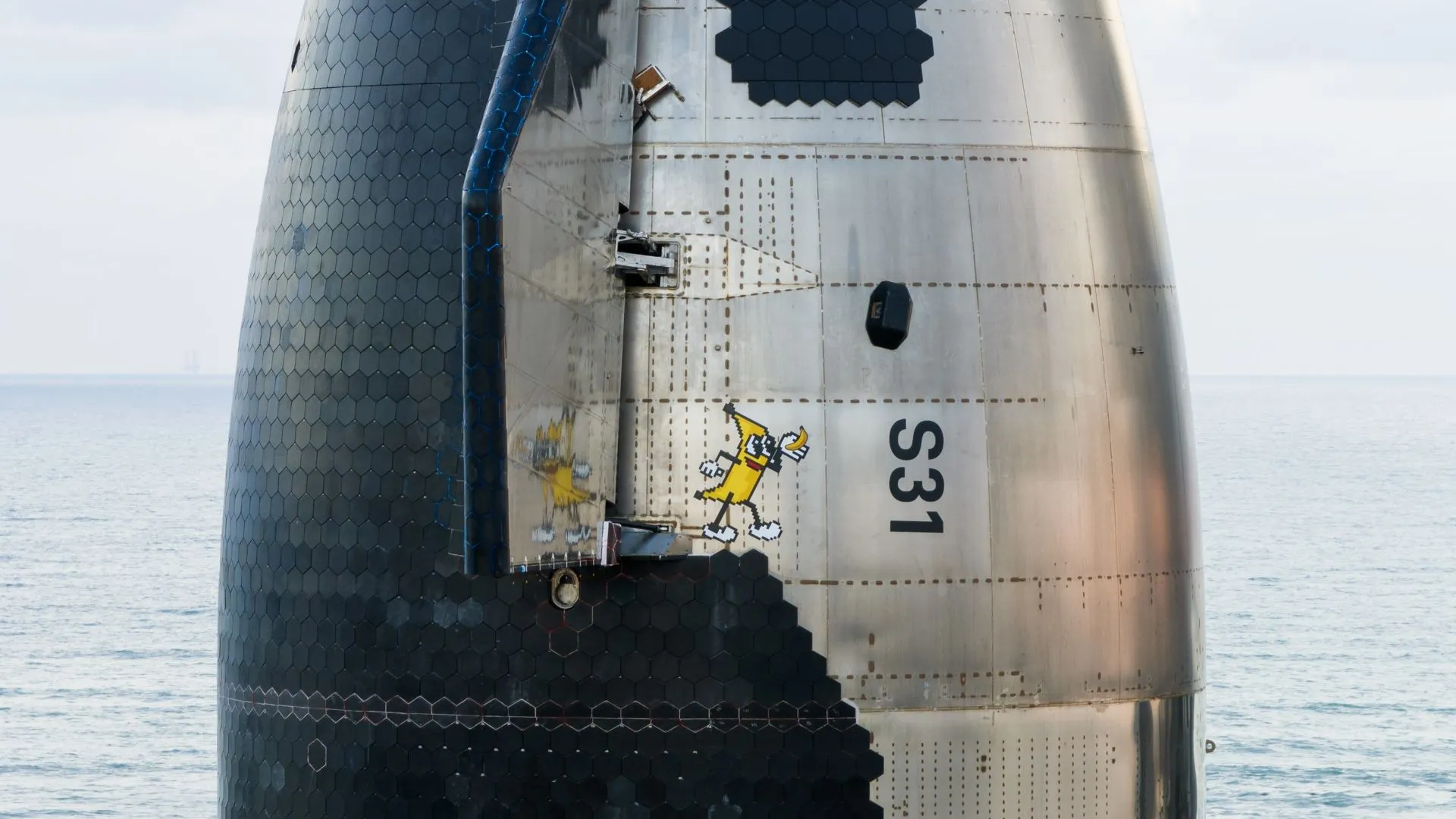Supreme Court has declined to entertain a Public Interest Litigation (PIL) demanding an archaeological survey of Mathura’s Shahi Idgah Mosque and the declaration of the site as Shree Krishna Janmabhoomi. The court, comprising justices Sanjiv Khanna and Dipankar Datta, asserted that a multiplicity of litigation should be avoided, especially when numerous civil suits on the matter are already under adjudication.
The PIL, filed by petitioner Mahek Maheshwari, aimed to challenge the 1991 Places of Worship Act, which safeguards the “character” of places of worship as of August 15, 1947. The court, while dismissing the PIL, clarified that the rejection does not impede the right of parties to challenge the validity of any enactment.
Maheshwari’s petition argued that historical texts identified the site as Shree Krishna Janmabhoomi and contended that the Shahi Idgah Mosque should be removed, asserting that it was not a proper mosque under Islamic jurisprudence. The petitioner proposed the establishment of a trust for Krishna Janmabhoomi Janmasthan to build a temple on the disputed land.
The Supreme Court is currently handling a series of petitions related to the Krishna Janmabhoomi-Shahi Eidgah Mosque dispute. The mosque management committee has challenged the transfer of suits from Mathura civil courts to itself by the Allahabad high court. The court has set January 9 to consider objections to a survey of the mosque premises.
The mosque committee has argued financial constraints in defending suits 600 kilometers away and advocated for a Delhi-based hearing. The legal tussle involves the complex dynamics of the Krishna Janmabhoomi-Shahi Eidgah Mosque land dispute, with multiple suits seeking the return of the 13.37-acre land to the Shri Krishna Janmabhoomi Trust.
Despite the rejection of the PIL, the Supreme Court continues to navigate through the various legal facets of the longstanding dispute, emphasizing the need for a timely resolution in the interest of all stakeholders.


















